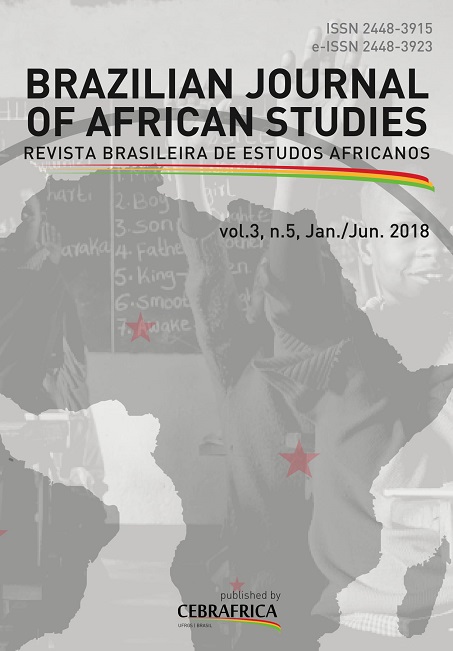DUAL COLONIALISM AND THE FORMATION OF THE NATIONAL STATE: THE SOUTH AFRICAN CASE
DOI:
https://doi.org/10.22456/2448-3923.80820Keywords:
South Africa, Colonization of Africa, State Formation, Apartheid.Abstract
Since the Dutch colonization of the Cape, South African space has become an effective geostrategic point, initially anchored in the mercantilism of the metropolis, and later, with the British arrival, through a process of commercial opening and expansion of territorial colonization of Europeans and of Asian populations secured by the British. After two internal wars, South Africa, in the early twentieth century, arrives at a political understanding, forming the South African Union, which opened up room, after World War II, for the rise of a conservative nationalist regime, responsible for the resurgence of the racial segregation already in place. Recognized as an anticommunist bastion in Southern Africa, South Africa develops military capabilities in the 20th century and a national market economy without equal in the continent. While affirming its national project, the country is limited by the growing discredit of the international community, which, through the UN and the OAS, issues embargoes and boycotts on the South African government.
Downloads
Downloads
Published
How to Cite
Issue
Section
License
The author will hold copyright over the published articles and retain publishing rights.

Brazilian Journal of African Studies is licensed under a Creative Commons Atribuição 4.0 Internacional.


